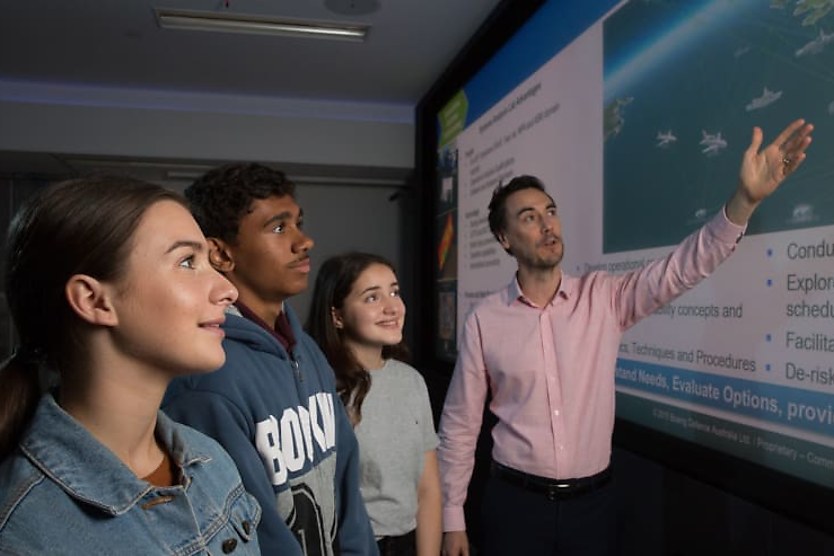Work experience more beneficial than a degree, say graduates
SHARE THIS ARTICLE

The importance that has been placed on qualifications in recent years is undeniable. However, graduates are reporting work experience as a better way to prepare them for the workforce.
More than 11 million people across Australia have vocational or tertiary qualifications. This figure is a 19.8 per cent increase from 2016, highlighting just how much emphasis is placed on qualifications in the modern workforce.
University degrees saw an even more dramatic spike, with 5.5 million people having a bachelor’s degree or higher. This is a 30.7 per cent increase from 2016.
However, new research has revealed that despite the overwhelming prevalence of qualifications, graduates are dissatisfied and prefer work experience as a means for preparing them for the workforce.
In fact, 49 per cent of Aussie employees believe university failed to prepare them for their current job, according to research from Go1.
The most popular workforce preparation was work experience, with 61 per cent agreeing it was the most beneficial method. This was followed by formal on-the-job training (40 per cent) and life experience (36 per cent).
This begs the question: What learning opportunities do graduates require to be workforce-ready? According to the study, there are some things that workers wish they knew before beginning work. The top answer was how to approach career progression (51 per cent), followed by fundamentals of the role (33 per cent) and how to collaborate with people in other departments (31 per cent).
Learning and development is a great way to reduce confusion and get employees work-ready. Employers clearly realise this, as 72 per cent of respondents said their workplace offers training opportunities that cater to their specific needs.
Despite these good results, it’s important to approach learning and development holistically. Ensuring employees are receiving the career progression opportunities needed to succeed is key.
Go1 noted that approaching learning and development as a “box-ticking exercise” is a poor approach and was the biggest frustration for 33 per cent of employees. The other annoyances were learning boring content (25 per cent), not personalised (25 per cent), and too long (25 per cent).
As technology evolves and new ways of work are introduced, the importance of learning and development will only increase. Leaders can benefit by understanding this and preparing their workforce for the change.
Artificial intelligence (AI) is a key player in this, with 54 per cent of employees saying they’re open to using AI-generated learning materials or using AI tools to help them learn. Similarly, 49 per cent of employees agree or completely agree that AI will help them develop skills needed in the workplace more quickly.
According to respondents, the top skills that will be necessary in AI usage are finding information more quickly (49 per cent) and using generative AI (48 per cent).
RELATED TERMS
Training is the process of enhancing a worker's knowledge and abilities to do a certain profession. It aims to enhance trainees' work behaviour and performance on the job.
Jack Campbell
Jack is the editor at HR Leader.

